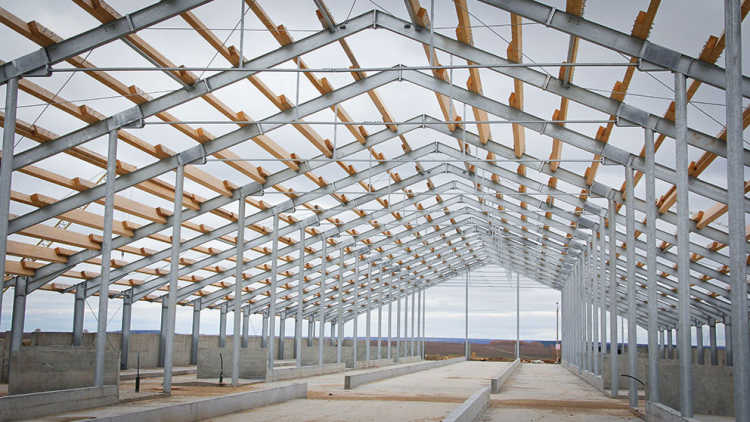Starting a construction project? How to stay focused and avoid any pitfalls

Planning, communication, and monitoring your construction project can help in reducing costly overruns and time delays. Having a clear direction of the project and surrounding yourself with knowledgeable people will help you avoid construction project pitfalls.
Here are some key details to consider when planning a construction project.
Develop a detailed project plan
Regardless of the construction project size, it helps to have a detailed project plan. Effective planning will help keep it on track and achieve desired results.
As with any project, permits and approvals are required before any construction can take place. These can include approvals, building permits, zoning changes, and you might need to gather them from different authorities (conservation, ministry of transportation, municipalities).
Tendering and financing
Moving your project from concept to an actual structure will involve various professionals, including a design consultant, engineer and general contractor, who all play a role in the design process. Once your design is developed, you’ll need a detailed specifications list to use for the tendering process.
In the tender process, you’ll go “to the market” and invite contractors, sub-contractors and suppliers to quote on specific work to be completed as well as materials. This is when detailed specifications are very important, and you must ensure that you’re comparing “apples to apples” for each to avoid any unforeseen surprises during the construction process.
Managing a construction project can be one of the most challenging aspects of the entire building process. Establishing roles, responsibilities and accountabilities of all involved and ensuring effective communication between you, your contractor and trades is essential.
If you need to finance your construction project, consult with a lending institution of your choice to obtain pre-approval. Most lending institutions will require your detailed plan and quotes before approval.
Hire a general contractor or do it yourself?
Being your own general contractor and assuming the responsibility for project planning, hiring contractors and overseeing construction may save you money, but it’s a considerable time commitment.
Consider hiring a General Contractor who’s experienced working with subcontractors who can help identify concealed or potential problems in the construction process. Or, if an owner doesn’t have time or isn’t confident keeping on top of the project, consider hiring a Project Manager. And the best scenario in times of rapidly rising prices is to establish a fixed-price contract.
Acting as your own General Contractor:
Pros
Saves costs if you’re doing the labour
Better control over the project
Personal satisfaction of taking a role on yourself
Cons
Major time commitment
Outside your abilities or a significant learning curve
Takes time away from your current operation
Responsibility and stress fall back on you
Could cost more if you underestimate costs due to lack of experience
Budgets and timelines
A critical piece of a construction project is an accurate and detailed budget. While it can reduce the likelihood of unexpected costs, there will always be some unforeseen expenses. So, your budget must include contingencies. An experienced General Contractor will help you develop an accurate budget with realistic timelines to reduce potential cost overruns and project delays.
Timelines
Detailed contracts with realistic timelines will ensure the project stays on track. Effective communication and regular reports will keep everyone on the same page and issues can be quickly identified and remedied if everyone knows the project status.
Common delays and cost overruns
Most construction projects will experience some delays and cost overruns. The most common causes include:
Underestimating costs without quotes
Hiring inexperienced or unqualified contractors
Lack of communication
Weather conditions
Delayed permit approvals
Material supply issues
Not locking in material prices – as they tend to rise over time
Unknown final costs (unless you have a guaranteed maximum)
Contract discrepancies
Unforeseen site issues like excavation, road entrance, driveway, sewer/water/ hydro etc.
Discrepancies in timeline vs. subcontractor schedules
Changes to the plan after construction has started.
Omissions of permits, fees, temporary power, dumpsters, and site prep.
Incorrect assumptions due to unclear blueprints /drawings
Proper inspection and approvals at each project phase
Dale W. Litt, Senior Appraiser
Claude Jacques, Senior Appraiser

There’s much to consider when seeking new ways of competing in an evolving marketplace. Three experts share their takes on how to get into retail or a co-op.
